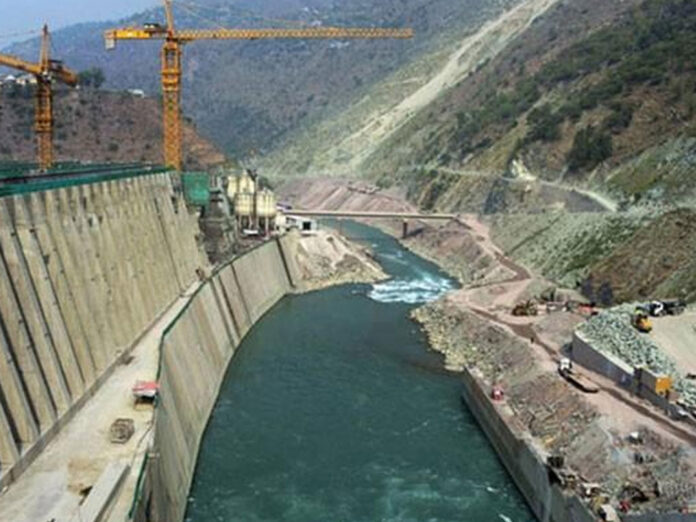A multi-million-dollar foreign-funded project designed to resolve inter-provincial mistrust over water delivery and theft is lying in the doldrums in a conflict between the water resources ministry, the regulator, and contractors.
As a result, a multilateral funding organization has concluded to cancel as ‘misprocurement’ its financial assistance committed to the project. Following a unanimous decision of the Council of Common Interests to resolve all potential concerns by the provinces about water theft and mismanagement, the project was taken in hand on the orders of the Prime Minister.
The Government had negotiated the World Bank’s $35 million soft loans for additional financing for the Water Sector Capacity Building and Advisory Services project. A major part of this credit was earmarked for 17 key sites hydraulic calibration and automation of all site discharge monitoring — commonly referred to as a telemetry system.
A test panel, named by the water resources secretary under the prime minister’s instructions, blamed Indus River System Authority (Irsa) representatives for undermining a multi-million-dollar telemetry project intended to resolve inter-provincial mistrust of water shares and distributions.
The Ministry of Water Resources has withdrawn the project from Irsa and transferred it to the Water and Power Development Authority (WAPDA), which had previously built the same project but could not take off.
However, the ministry has now ordered Irsa to conduct the project as a ‘deposit work’ funded by Irsa, and all of its members should be involved in overseeing the deposit work of the WAPDA(as a contractor) and make payments to WAPDA on the satisfactory takeover. Meanwhile, the technical team is developing to take over the project on completion in order to avoid repeating the failures of 2006-07.
At the other hand, Irsa representatives blamed the majority of senior water resources ministry officials for conflict of interest in derailing the project through one-sided briefings to the prime minister and blamed one of them for jeopardizing the project at the time of its contract so that it could be given to the second bidder to the National Engineering Services of Pakistan (Nespak).
The water resources ministry officials accused by Irsa, said the main problem was the regulator’s capacity constraints. They said that the email allegedly derailing the project was a routine final check before the contract is awarded was not binding on Irsa at all.
Despite the veracity, after cross-checking from the top bidder and the Punjab government where the bidder had similar projects, the five-member Irsa concluded that MM Pakistan could not be awarded a telemetry project consultancy for significant shortcomings.
The regulator has confirmed that the project’s procurement specialist disclosed to an Irsa meeting that a senior official at the World Bank had advised that further rebidding action line would be taken after the cancelation of the current bidding process. Therefore, Irsa “decided to go for re-bidding with the agreement” and asked the World Bank to send a letter of no opposition to the rebidding.
The World Bank did, however, note that there are only two valid courses of action. The contract shall be awarded to MMP with the condition of ensuring sufficiently qualified workers and closely supervising the project. In the event that Irsa thought the risk of bad results was too high, the procedure would be completely cancelled and the bank would remove this operation from the loan as a “misprocurement”.
As a result, the Ministry of Water Resources directed the regulator to establish the project from its own resources on 31 December 2009. In consultation with the Ministries of Finance, Planning, and Water Resources, Irsa prepared the project once again and called for its formal approval and start of the contract process on April 30th this year.
An inquiry committee comprising senior officials from the flood commission, Wapda and the Ministry of Water Resources found faults with shortlisting of contractors but also noted that the project team leader who posed concerns was also previously part of the assessment committee.
The committee of inquiry stated that not only did Irsa lack the resources to manage the project procurement and contracting, its representatives were also opposed to the project and the authority lacked the technical personnel to operate the telemetry.



